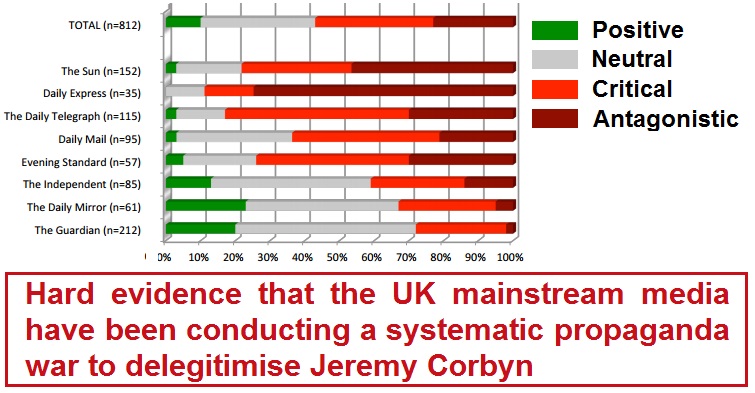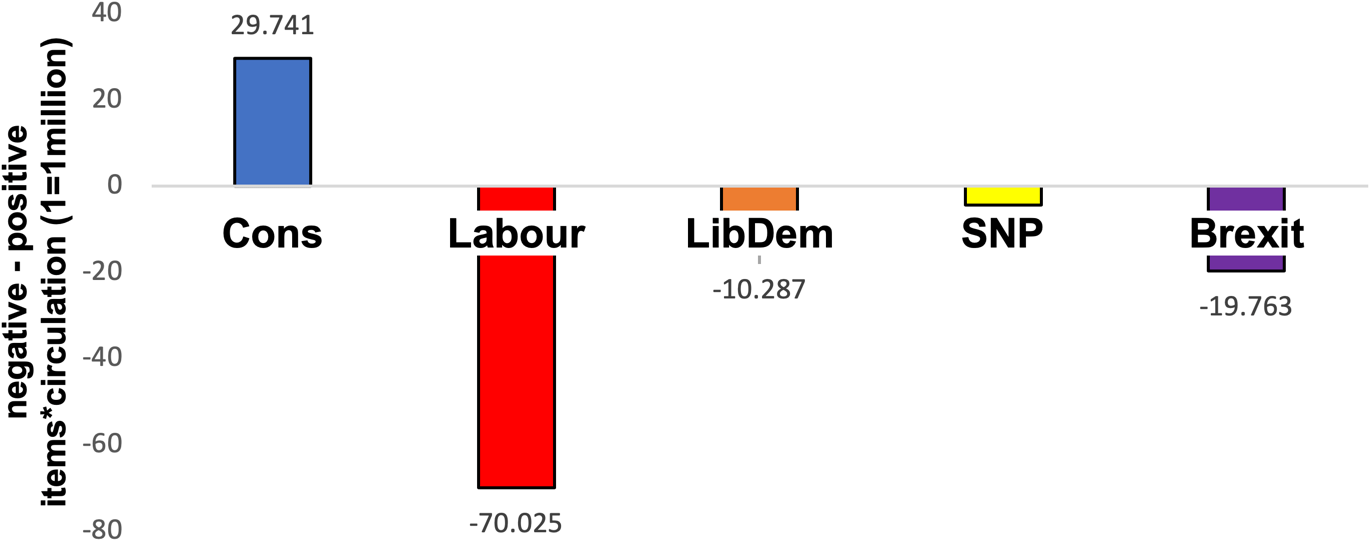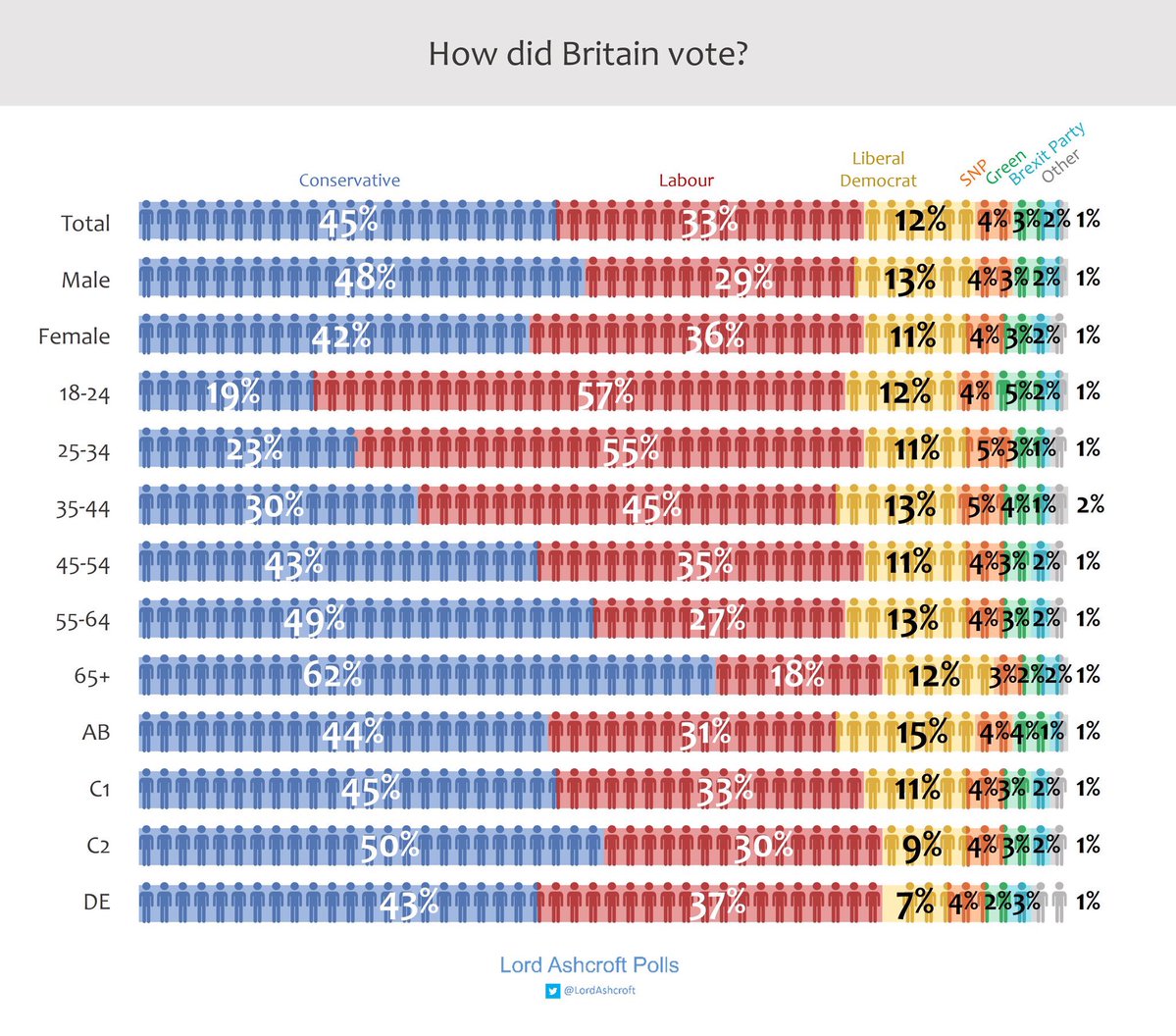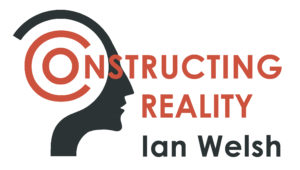 When I write longer works, like the booklet “The Construction of Reality,” I put aside pieces that are good, but don’t work in the context of the book.
When I write longer works, like the booklet “The Construction of Reality,” I put aside pieces that are good, but don’t work in the context of the book.
I’ve now re-written the entire first chapter twice. The first time was way too dry, but looking at it now, I see that it’s still interesting and makes some important points, so I’m going to post it here.
Reality is constructed.
It is constructed first by our bodies–our senses and universal emotions like fear and lust, anger and love. Being human orders the world for us before we take our first breath.
This is true of all animals, who, like humans, also change the environment to suit themselves. But humans have created a reality far, far from that of our forebears who ran in bands on the Savannah.
We have created a human world. Most of us live in cities, artificial environments created by us. We walk on streets laid out by humans, work, sleep, and cook in buildings, drive in cars or take buses, trains, and planes. We talk on cell phones and surf the internet. Even those who live in the country live on land which has been altered by agriculture and pasturing of animals humans domesticated. A farmer grows wheat which was bred over millennia (or genetically altered, more recently). The farmer raises animals humans have been raising for thousands of years. We eat the meat of cows, pigs, and chicken and we dine on rice, wheat, or vegetables we have tended for millennia and which we have bred to suit us.
As individuals, we did not create almost any part of this physical world. We did not invent the techniques for caring for domesticated animals, growing vegetables, or making smart phones.
We live in a physical world created by humans, many of whom are dead. Human life is human in a way that animal life is not animal. Animals have an effect on the environment, but it is minor compared to what humans have done to the world.
And this is just the physical side of the world. Just as important is the world of ideas, of social facts.
Look at the words you are reading right now. You didn’t invent writing, typing, any of these words, or language itself. You spend your life thinking most of your thoughts in a language or languages created by humans, for humans–and mostly by dead humans.
You almost certainly receive your daily food in exchange for something called money which is probably either plastic woven to look like paper or electronic bits. Money has no intrinsic value; a million dollars in the middle of Antarctica would do nothing for you, most money isn’t even paper any more–you couldn’t burn it for heat. Yet most of us spend most of our waking day working for someone who gives us “money” and exchanges it for most everything else we want.
In times of war and famine, money may lose most of its value. Food, cigarettes, or sex may be worth more. Money’s value is a social fact.
When someone is killed by another human being, whether it was murder or not is a social fact. In war, if a soldier kills someone it is probably not murder. If the state is executing someone it is not murder. When police kill someone it is usually not considered murder. Social facts.
The quality and amount of health care provided to individuals is a social fact; it depends on where they live. In some countries, it depends on how much money they have. In other countries, it depends on how much power they have.
The amount of melanin in someone’s skin is a physical fact. That having a “black” name in America leads to half the interview requests than those received for an identical resume with a “white” name is a social fact.
Cannabis is almost certainly less physically harmful than tobacco or alcohol, but selling or possessing cannabis is far more likely to get you thrown in jail. In the US, during alcohol prohibition, this was not true. Alcohol is alcohol, its legal status is a social fact.
Social facts rule most of your life. They are layered on top of physical facts and tell you how to understand those facts, and how to act towards them. There are few more consequential decisions than, “When should I kill someone?” or, “When should someone receive health care and how good should it be? or “Should I hire someone and for how much?”
Not all ideas are social facts. You may believe something “ought” to be true, but often other people do not agree. You think your girlfriend shouldn’t cheat, she doesn’t agree, the state doesn’t care. But if you act on that idea, and so do other people, it’s a social fact. They may call her a cheater, ostracize her, and so on. If no one acts on it, it is not a social fact.
A gang or mafia may believe that their members shouldn’t inform to the authorities, and they may enforce this as best they can, but obviously the state does not. It is still a social fact if they can make it one, however.
You may also believe in ideas which are contrary to the ideas currently enforced by the state or other people. Perhaps you do not believe in intellectual property. Perhaps you think confessions obtained by torture shouldn’t be used in criminal proceedings. Perhaps you believe that women should or shouldn’t be able to have abortions.
These ideas may fall short of being social facts if no one acts on them. They are just ideas; musings on how the world “ought” to be.
This social world is layered on top of the physical world created by our bodies and how they perceive and interact with objects around us. No amount of social facts will alter the solidity of a rock, or our need to breathe.
Each of us lives inside these two worlds, worlds which were largely given to us.
Imposed on us.
At most, we’ve made a few choices from the worlds and realities available to us, but most of our fundamental choices have been made for us.
The reality, I, a Canadian urban male, live in is different from that of a female Mexican subsistence farmer, let alone that of a plains Indian 700 years ago, a prole in the Roman Republic, or an Egyptian priest under the Pharoahs.
This is before we get to the differences that seem important to us today: say, the difference between a conservative Republican Christian and his counterpart progressive Democratic atheist. A thousand years from now, those may seem like rather similar people, today they seem quite different.
Our bodies make us alive, but they make us different as well: To be tall or short is to experience the world differently. To have a strong constitution or a sickly one is to experience the world differently, as well.
And to be a woman or a man, likewise; so much so that men and women in some societies (Saudi Arabia today, Victorian England, or Manchu China) can be said to have such different experiences in life that they might as well live in different worlds; different realities.
Reality is inside-out, first, because we have bodies and senses which organize our experience of the world, and do so before the first drop of parental interference, training, or culture.
But it is outside-in in most of the ways which make us different from each other and from other humans who have lived in the past.
Each of us is formed by time, place and position. Even if we were both male, with similar bodies, in Republican Rome, were I born to a Plebeian family and you to a Patrician family, our worlds would part, and even if both of us were born to Patrician families the particulars of our parents, tutors and other incidentals would leave us different. Position within a place and time, added to different bodies, makes up most of the individuality which divides us from our peers.
In this book we will swoop from the heights of macro-history; of the effects of great ideas, of technologies like gunpowder and farming, or organization and vast tribal identities, to the depths of our inner experience; our thoughts, our feelings, our urges and beliefs.
Reality is an experience. Each of us lives in a reality, feels it, and thinks about it. As we live, we change the reality we live in, or it changes around us, and again, our experience of the world changes.
To write a book on the construction of reality while neglecting how we can change reality would be barren. Though careful examination reveals that most of human reality is imposed on us from outside, by time, place, and position, none of which we choose, we do not have to accept this passively.
While even in the great struggle to change our shared world, our shared reality, all of us can change the reality we live in, by taking some control of our own circumstances–or, denied that, by changing how our bodies and brains interpret the world.
So we will cover the vast currents of history and prehistory, of identity, organization, technology and ideology. We will speak of human empathy, human violence, and human limits, because it is human limits which have the greatest effect on the world we create and our acceptance of the world that we are given.
But in so doing, we will not neglect the personal.

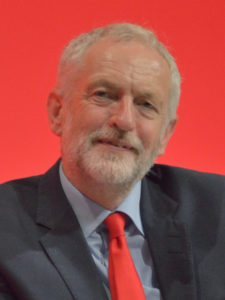
 There’s been a vast amount of foolishness in the discussion about this.
There’s been a vast amount of foolishness in the discussion about this.